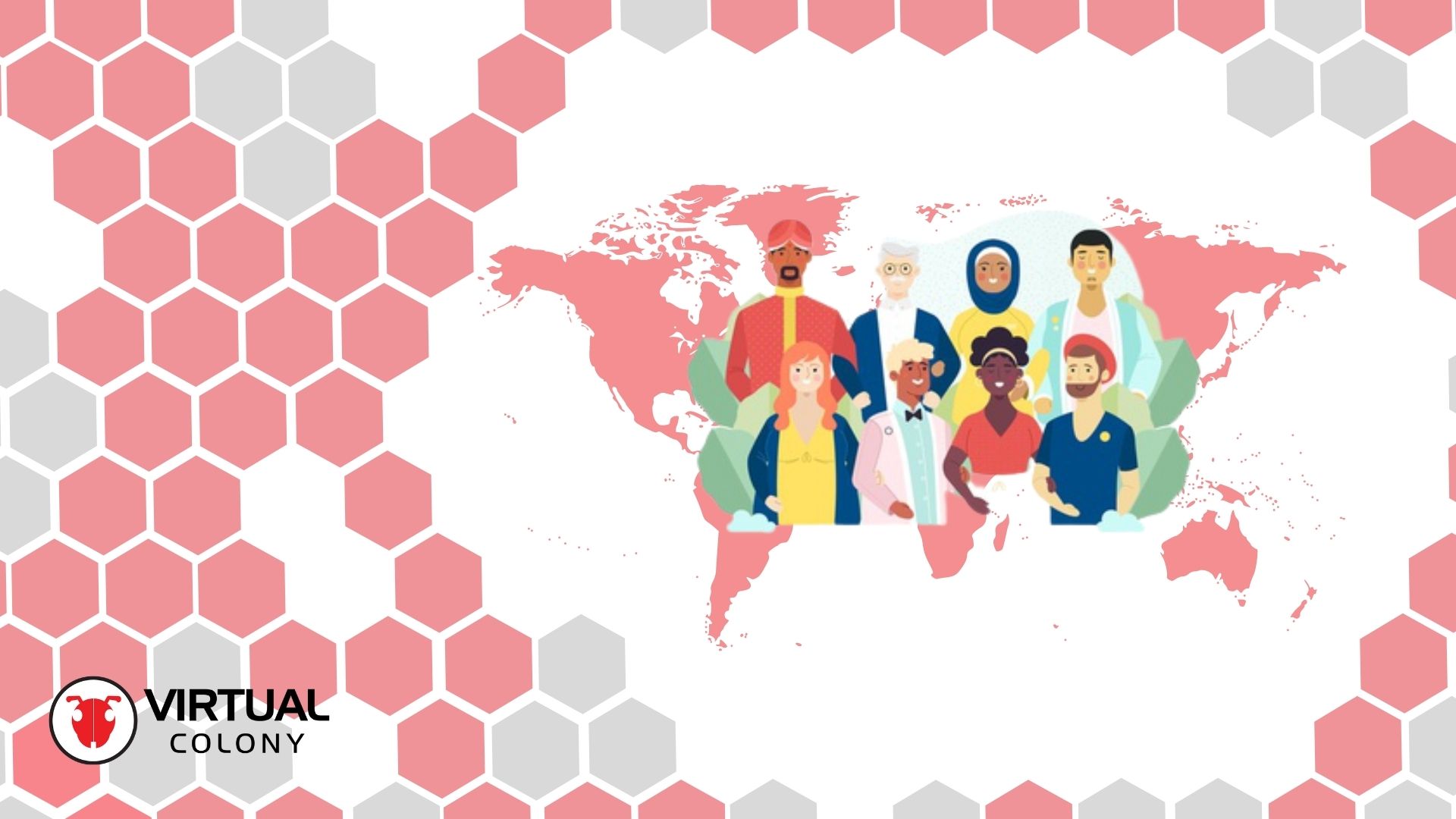The Philippines being culturally diverse is an advantage for its economy. Tourism and the Offshoring outsourcing industry continue to flourish because of how easily the Filipinos adapt.
Moreover, the outsourcing industry continues to grow over the years and no matter how culturally diverse the country is, the cultural differences are still a gap that has to be addressed.
Cultural Differences may cause some misunderstandings in the long run. Although the Filipinos can adapt quickly, some of these cultural differences may be hard to overcome. Not that these differences will be a game-changer, or that it will prove to be a disadvantage. On the contrary, it may seem minor at first but if you know how to make it work for you and adapt too, you and your offshore team will have a long and happy partnership.
One of the main observations relates to social hierarchy. Generally speaking, Westerners/Europeans tend to be more egalitarian, while Asians tend to be more hierarchical.
In the workplace, this can translate to a fairly rigid “chain of command” in the Philippines or in Asia in general, with junior employees simply waiting to be told what to do by their senior counterparts. Societal rules strongly discourage junior employees from challenging a more senior colleague’s views even if they feel strongly that those views are wrong. An example would be where a senior and a junior member of a company/organization attend a meeting with another company/organization. The senior member may actually be less well informed and may say something wrong or inaccurate in the meeting. However, the junior member is very unlikely to contradict the senior member in the meeting because he would cause him to “lose face”. Westerners/Europeans working in Asia may be unaware of these unspoken rules (or unwilling to follow them) and may quickly make enemies within the company/organization.
Conversely, where Westerners are in charge (either in Europe or in a foreign-owned company in Asia) they may expect and encourage their junior employees to “challenge” them. Most (though not all) people in western cultures view this as a positive thing which will produce a better overall outcome. However, Asian junior employees may be reluctant to challenge their Western boss because of the societal rules described above. Misunderstandings can easily multiply; the Western boss thinks their junior employees are timid and lacking initiative, the junior employees think that the Western boss is not doing his job properly and not taking responsibility.
Another point relates to the concept of work/life balance. This is now pretty well established in Europe (maybe less so in the US). The concept is that employees have a right to private life and being free to do what they choose for a proportion of their week. Most bosses accept that allowing their employees time to rest and follow leisure pursuits makes them more productive during their working hours.
This concept is less well established in Asia. Generally, employees work longer hours and they are expected to do so without complaining. The employees may go along with this because they think that it will help their career advancement or simply because their society expects them to do so. This links back to the first point; some employees may be unhappy with this arrangement but feel powerless to fight against it because of the hierarchical structure mentioned.
Where Westerners and Asians work together, differing views on work/life balance can create conflicts, in particular where a Westerner works for an Asian boss. The Asian boss thinks the employee is a lazy and lacking commitment; the Western employee thinks the Asian boss is harsh and unreasonable. Far fewer problems seem to occur in the opposite direction; Asians seem to quickly grow accustomed to the more “relaxed” working environment their Westerner boss.
That being said, maintaining consistent clear communications with your outsourcing team will clear up any misunderstanding. The Filipinos can adapt easily over time. The societal hierarchy that is ingrained in the Filipino culture has some setbacks, that is true, however, these setbacks can be easily remedied with a better understanding of each other’s culture. Filipinos are better workers and professionals because of their culture. A little cultural difference is good since it lets everyone be a better person for it. And a Filipino offshore team with the ability to gain knowledge and use it to help you grow your business is a step in the right direction.






